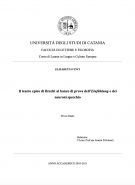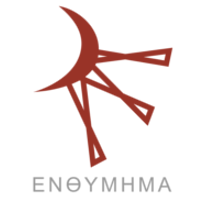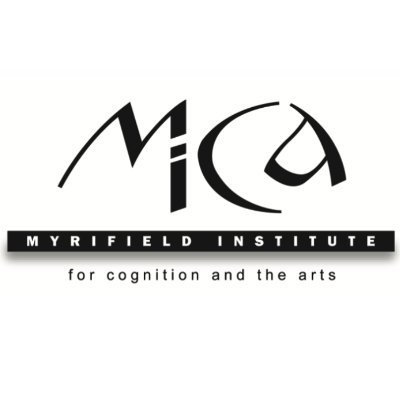
Last paper:
Grazia Pulvirenti, Renata Gambino, Neurohermeneutics. A Transdisciplinary Approach to Literature
- Peer review
- Submit a paper
- Suggest a paper
- Contact us
- Partner program
Elisabetta Vinci,
Il teatro epico di Brecht al banco di prova dell’Einfühlung e dei neuroni specchio
 Source: NHS - Students' Corner
Source: NHS - Students' CornerYear: 2012
Topics: Emotion; Empathy;
Disciplines: Literature;
DOWNLOAD PAPER
Download size: 361.35 KB
My dissertation starts from the discoveries made by the scholars of the University of Parma at the beginning of the Nineties. Thanks to experiments carried out on macaques, neuroscientists discovered the existence of what they called mirror neurons because of their peculiar features. Actually, they activate not only when someone act but also when we observe the same action performed by another person.
My thesis focuses on performing arts, in particular on the epic theatre theorised by Bertolt Brecht. The aim of the German author was the creation of a new idea of theatre fit to represent the continuous change of the world. Brecht rejected empathy (Einfühlung). According to him, it was an element that encouraged the identification of the spectators and as a consequence weakened their critical activity. To avoid the emotional involvement of the public and provoke its alienation, the author adopted a series of strategies, the socalled alienation effects.
The three penny opera was a success with the public, much to Brecht's disappointment. In the final section of my thesis, the elements of the The three penny opera are analysed in light of the recent neurobiological discoveries andexperiments. The conclusions confirm that the absence of emotional involvement is impossible when the public is in front of acting bodies, exspecially if they are surrounded by dance and music that encourage the fusion of spectators with the scene. This is an hypothesis that could explain the partial failure of the epic model created by Brecht, which fully does not represent an alternative form of modern theatre.
Project
The Neuro Humanities Studies Network aims at creating a multidisciplinary research community in order to develop and structure a linking platform for neuro-scientific, cognitive topics and humanities.
Click on each keyword to show papers related with it.









